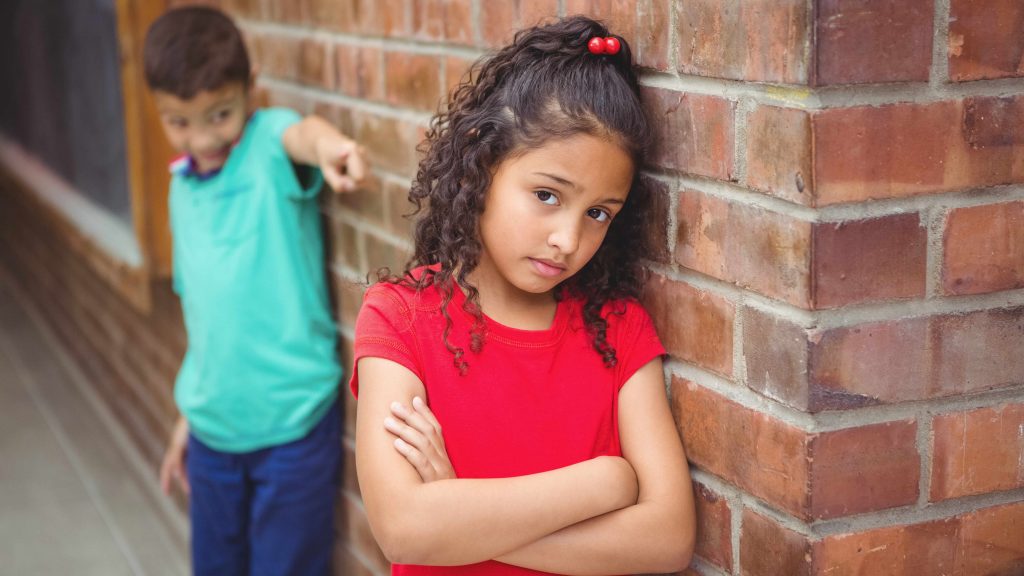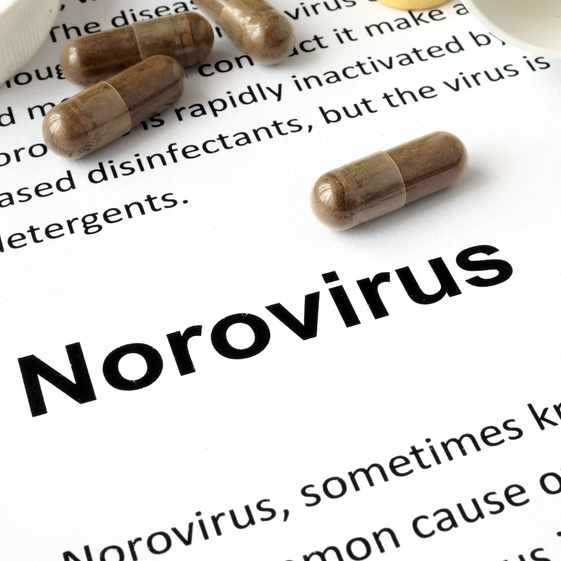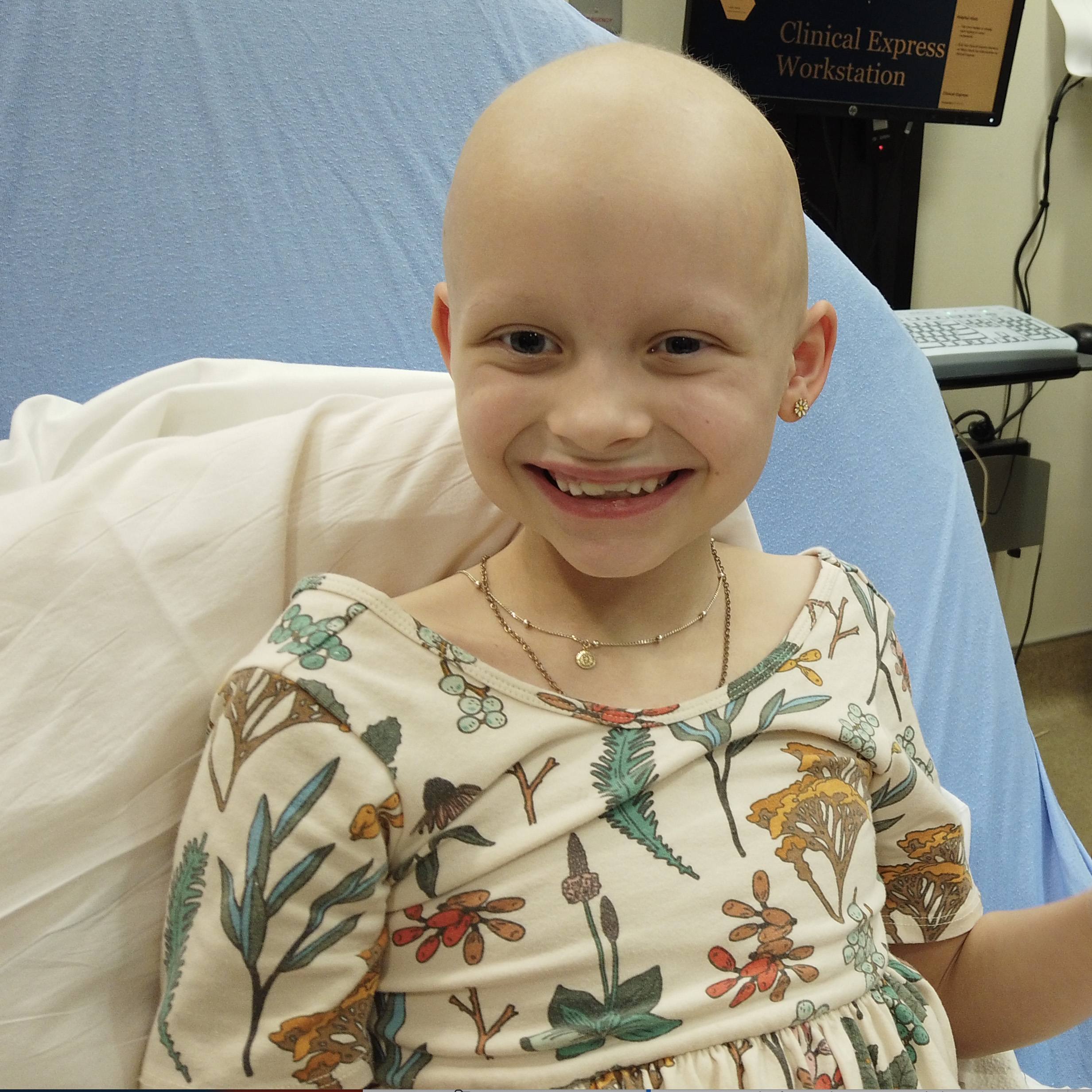
For many families, the start of school is a busy, exciting time of year. For some students, though, returning to school also means bullying and the feelings of anxiety, sadness, and loneliness bullying can cause.
Up to 20% of students 12 to 18 years old experience bullying in the U.S. each year, and only 46% notify an adult at school about the bullying, according to StopBullying.gov, which is a resource managed by the Department of Health and Human Resources dedicated to providing information about bullying.
What is bullying?
Bullying is a form of aggression in which one or more children repeatedly and intentionally intimidate, harass or harm a victim perceived to be less powerful. While bullying once was considered a childhood rite of passage, it is now recognized as a serious problem that can affect a child's physical health, emotional well-being and academic performance. Children who are bullied are at increased risk of depression, anxiety, sleep problems, self-harm, poor academic performance and, in rare cases, suicide.
Bullying can take many forms, including:
- Physical
This type of bullying includes hitting, tripping and kicking, as well as destruction of a child's property. - Verbal
Verbal bullying includes teasing, name-calling, taunting and making inappropriate sexual comments. - Psychological or social
This type of bullying involves spreading rumors about a child, embarrassing the child in public or excluding the child from a group. - Electronic
Cyberbullying involves threatening or harming others through the use of email, websites, social media platforms, text messages, or videos and photos shared electronically.
What can you do?
Talking about bullying before it happens sets the stage for preventing and addressing the problem. Children who are bullied might remain quiet out of fear, shame or embarrassment. Warning signs may be vague, and some may mimic mental health issues. If you suspect or know your child is being bullied, it's important to be proactive.
Connect with other parents and caregivers talking about kids, bullying and going back to school in the About Kids & Teens Support Group on Mayo Clinic Connect, an online patient community moderated by Mayo Clinic.
Related Articles







